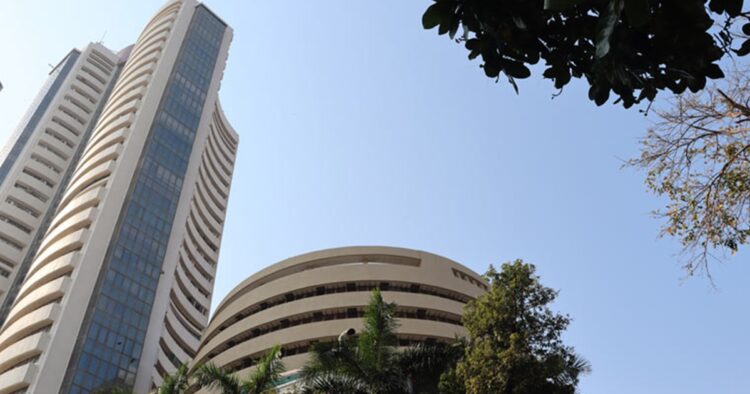Investors in Bharat’s stock market received a significant development today as both the Bombay Stock Exchange (BSE) and the National Stock Exchange (NSE) unveiled a new same-day settlement system for certain securities. This means that trades involving these selected stocks can now be settled on the same day, providing traders with more flexibility and efficiency in managing their investments.
The list of stocks eligible for same-day settlement comprises 25 companies, including familiar names like Ambuja Cements, Ashok Leyland, Bajaj Auto, and Bharat Petroleum Corporation. Other notable inclusions are Cipla, JSW Steel, State Bank of India, and Tata Communications, among others. Interestingly, companies such as Reliance Industries, Infosys, and TCS are not part of this initial list.
The selection of these specific stocks for same-day settlement has not been explicitly outlined. However, it encompasses a mix of both low liquidity counters like MRF, with an average trading volume of 399 shares over six months on BSE, and highly active ones like Union Bank, with an average trading volume of 19.4 lakh shares over the same period.
This move toward same-day settlement is seen as a significant step by market regulators and exchanges to enhance efficiency and transparency in trading processes. It is designed to complement the existing T+1 settlement cycle, paving the way for potential future adoption of instant settlement options.
According to a circular issued by the Securities and Exchange Board of India (SEBI) last week, advancements in technology and infrastructure within Market Infrastructure Institutions (MIIs) have created opportunities for expediting clearing and settlement timelines. Additionally, Bharat’s robust depository ecosystem, which digitizes individual client holdings, facilitates immediate transfer of securities, while the country’s payments and settlements ecosystem allows for real-time fund transfers.
This move is expected to bring about cost and time efficiencies for investors, streamlining the trading process and reducing the settlement period. Moreover, it aligns with broader efforts to modernize India’s financial markets and enhance their attractiveness to both domestic and international investors.
While same-day settlement is currently optional and limited to a specific set of stocks, its introduction marks a significant milestone in the evolution of India’s capital markets. As market participants adapt to this new system, regulators and exchanges will likely monitor its impact closely, with the potential for further expansion and refinement in the future.

















Comments